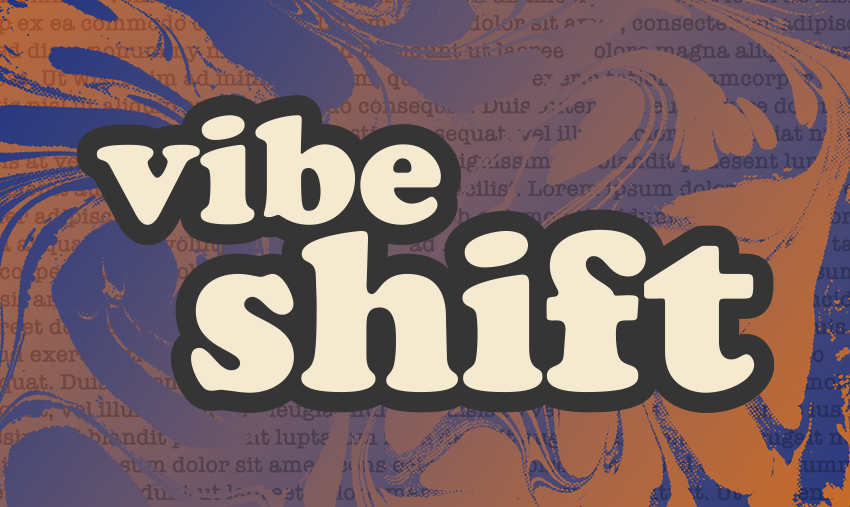The “-ic” factor
Or, How to turn a name into an insult

Throughout this Republican party debate season (ugh), I haven’t been able to ignore one particular linguistic phenomenon. Across media coverage, and in everyday conversation, I keep hearing pundits and regular folks alike saying things like “The Democrat Party.” I’m no pedant, but this use always catches my ear: most of the time, “Democrat” is a noun, and in cases such as this one, it’s functioning as an adjective.
Of course, English speakers frequently turn nouns into adjectives, as in “Iowa caucus” or “school janitor.” But there’s a pragmatic, functional difference between the adjectives “Democratic” and “Democrat”: “Democrat” is often interpreted as a negative epithet, while “Democratic” typically retains a more neutral interpretation. As journalist Hendrik Hertzberg wrote way back in 2006, “There are plenty…. who say ‘Democrat Party’ just to needle the other side while signaling solidarity with their own—the partisan equivalent of flashing a gang sign”.
Hertzberg cites the political commentator William Safire in writing that this pejorative use of “Democrat” dates to at least the 1940s, when Republican politician Harold Stassen employed it on the stump to criticize opposition party leaders. Throughout the mid-20th century, the term continued to be used in this negative fashion, occasionally noted by journalists and commentators. In one humorous observation, columnist John Temple Graves II asked “Who has taken the ‘ic’ out of the party of our fathers?” Still, the difference in terminology was generally not formally discussed within either party’s official statements.
Then, in 1996, the GOP decided to replace “Democratic Party” with “Democrat Party” in its official materials, formally encoding the covertly negative reference to their opponents. In 2008, the GOP seemingly reversed course, with then-Mississippi Governor Haley Barbour stating: “We probably should use what the actual name is. At least in writing.” GOP committee member Jim Bopp of Indiana took an even clearer stance: “We should afford them the respect that they are entitled and call them by their legal name.”
The mid-’90s are really looking quaint these days. In recent years, as the temperature of much political rhetoric has been turned all the way up, this perennial low-key pejorative form of reference has seen a boom. The 45th president, in characteristic style, made the point extremely obvious in a 2020 speech: ““You know I always say ‘Democrat.’ You know why? Because it sounds worse… ‘Democrat’ sounds lousy.”
As the AP notes, it’s fairly rare these days to hear a partisan Republican official or commentator call the Democratic party by its official name. Intentionally calling a set of people by something other than their official and preferred form of reference is a common tactic of opposition that is designed to confer disrespect. So the next time you’re listening to a stump speech or a radio story, pay attention to the political adjectives the speakers are using; they may be telling you more about their values than they are about their opponents.
Vibe Shift is a column by linguist Nicole Holliday that examines how words and phrases are moving across the internet. Each month, we’ll explore new topics related to how the language and culture are changing.
